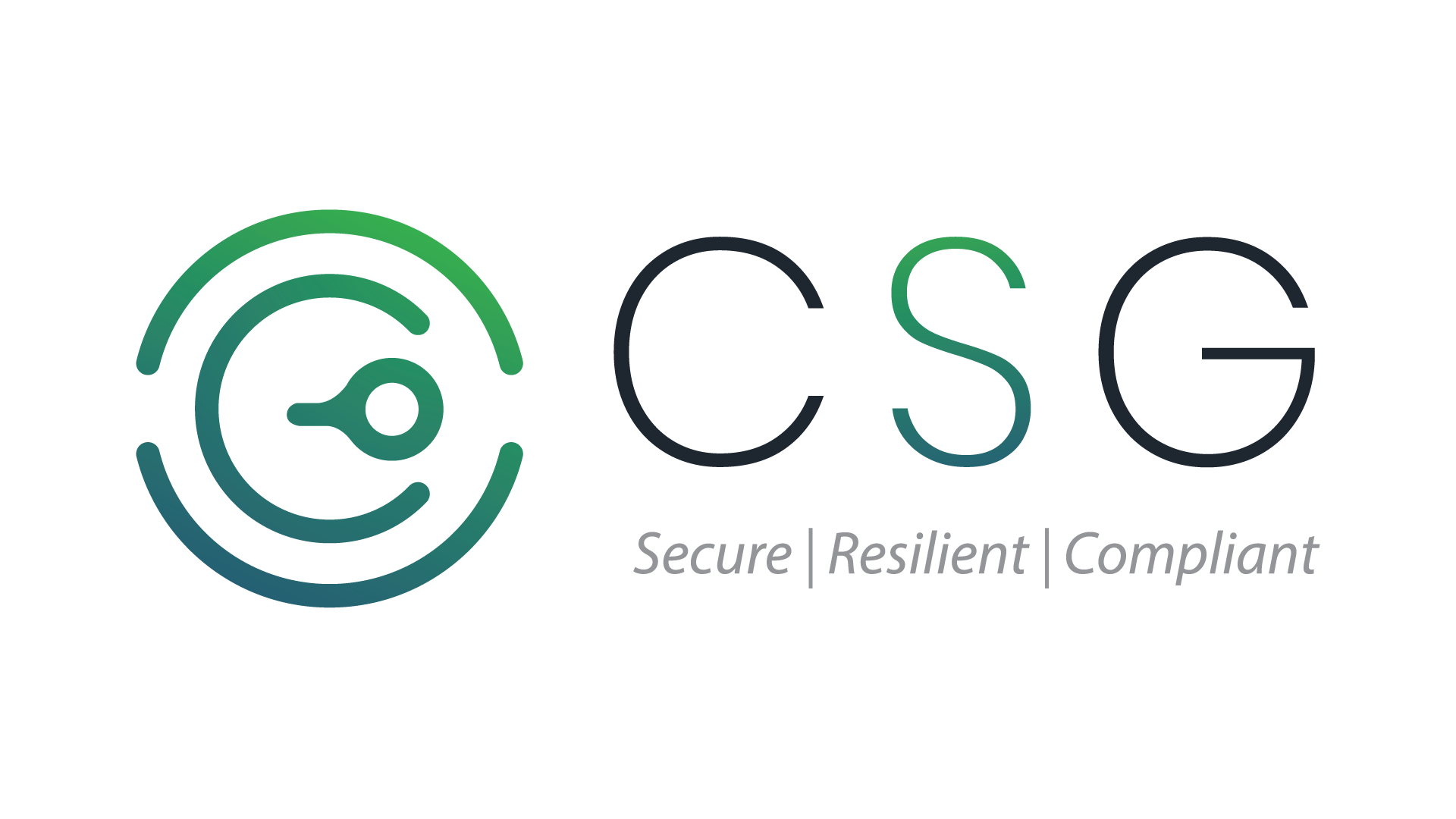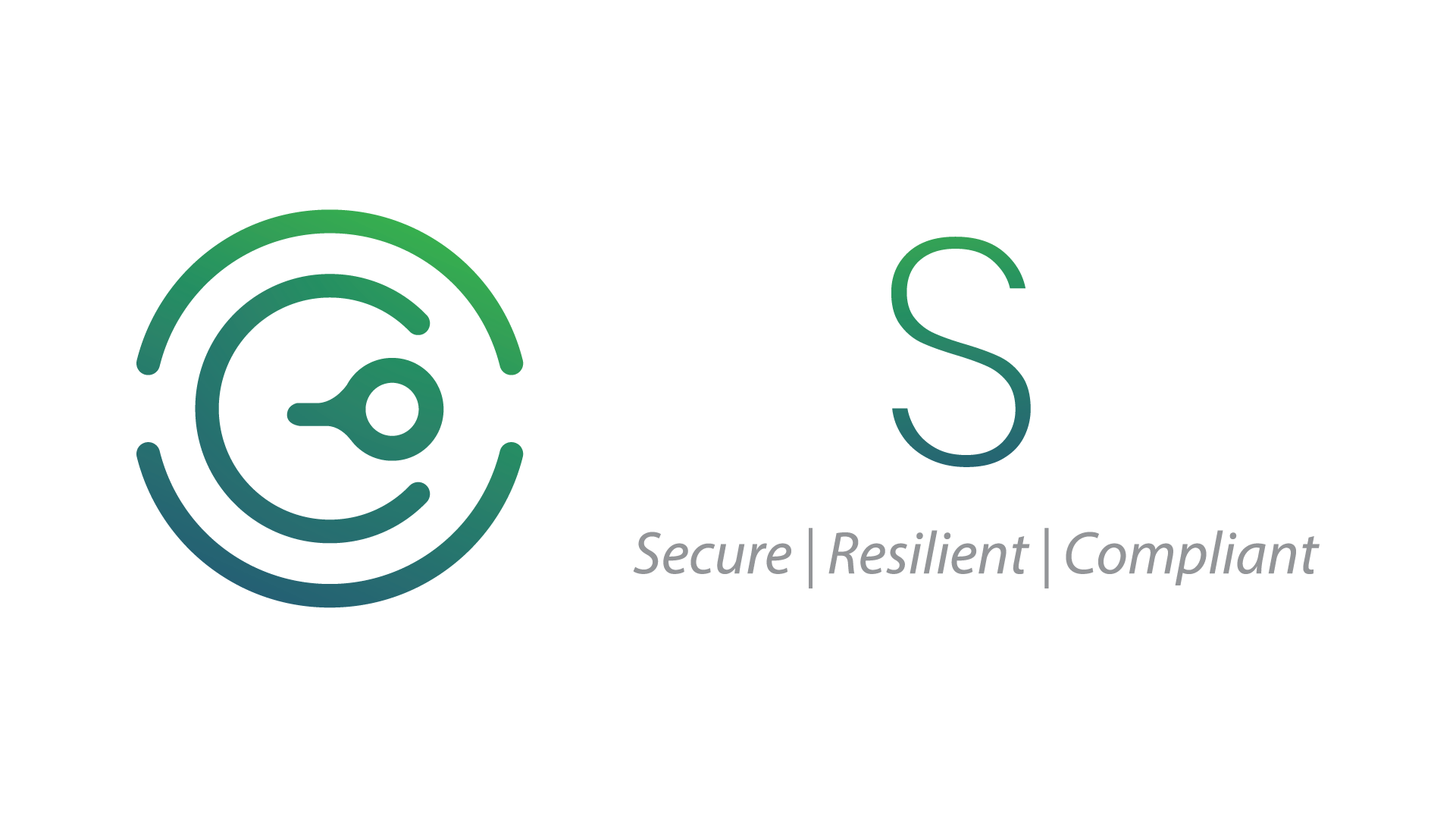
Cybersecurity for Government Entities in UAE: Compliance & Protection
The UAE has rapidly transformed into one of the world’s most digitally connected nations — with smart governance, AI-driven public services, and paperless ministries. But with increased digitization comes increased exposure to cyber threats.
To maintain digital trust and ensure national security, cybersecurity has become a top priority for government departments and public-sector entities in the UAE.
This blog provides a comprehensive guide to government cybersecurity compliance in 2025, including regulatory mandates, common threats, and how to strengthen public-sector cyber defenses.
2. Why Government Cybersecurity Matters in the UAE
Government organizations are high-value targets for cybercriminals and hostile nation-states. They often store:
- Citizen identity data (Emirates ID, residency files)
- National infrastructure blueprints
- Defense and economic strategy documents
- Government email and cloud systems
A breach doesn’t just mean data loss — it risks public confidence, operational downtime, and national security.
3. Major Threats to UAE Government Entities in 2025
- Nation-State Attacks
Sophisticated actors may try to access sensitive intelligence or disrupt critical infrastructure. - Ransomware & DDoS
Government portals and apps are often targets of ransom-based encryption or traffic overload attacks. - Insider Threats
Disgruntled or negligent employees may cause accidental or intentional breaches. - Supply Chain Vulnerabilities
Third-party vendors with weak controls can expose government networks to backdoor exploits. - Phishing & Credential Harvesting
Hackers spoof emails from ministries to trick employees into revealing credentials or installing malware.
4. Compliance Frameworks for Government Cybersecurity
UAE government entities must follow strict national frameworks for cybersecurity governance and protection. These include:
✅ 1. NESA – National Electronic Security Authority
The NESA IAS (Information Assurance Standards) is the primary cybersecurity framework for federal entities and critical infrastructure.
Core areas:
- Risk management and governance
- Identity and access control
- System acquisition and development
- Incident response and business continuity
All federal government departments must be aligned with NESA.
✅ 2. UAE Cybersecurity Strategy 2025
This strategy mandates government agencies to:
- Report incidents to the national CERT
- Build internal cyber teams
- Embed cybersecurity in digital transformation projects
- Cooperate with the Cybersecurity Council
✅ 3. UAE Personal Data Protection Law (PDPL)
Government organizations handling citizen or resident data must:
- Obtain valid consent
- Implement lawful processing
- Report data breaches in a timely manner
✅ 4. Additional Compliance Layers
Depending on the sector (health, defense, finance), additional frameworks such as HIPAA, ISO 27001, or SAMA may apply to public or semi-governmental entities.
5. Best Practices for Public Sector Cybersecurity
✅ 1. Build a Cybersecurity Governance Framework
- Assign a CISO or equivalent
- Form a cybersecurity committee
- Define risk thresholds, reporting lines, and accountability
- Align with NESA and Cybersecurity Council policies
✅ 2. Conduct Regular Risk Assessments
- Evaluate data classification levels
- Assess current threat landscape
- Update cybersecurity roadmap every 12 months
✅ 3. Secure Cloud and On-Prem Infrastructure
- Encrypt all sensitive data at rest and in transit
- Deploy firewalls, WAFs, and endpoint detection systems
- Regularly patch servers and core apps
✅ 4. Enforce Identity and Access Management (IAM)
- Role-based access control (RBAC)
- Multi-factor authentication (MFA)
- Automatic lockouts and periodic password rotation
✅ 5. Implement Continuous Monitoring
- Use a SIEM system for real-time alerts
- Integrate with the national incident response platform
- Monitor all privileged user activity
✅ 6. Conduct Simulated Drills and Penetration Tests
- Quarterly simulations for phishing and ransomware
- Annual third-party penetration testing
- Tabletop exercises for crisis response planning
✅ 7. Educate All Public-Sector Employees
- Conduct monthly awareness sessions
- Certify cyber-readiness for system administrators
- Create mandatory e-learning modules on policies
6. Vendor and Third-Party Compliance
Government bodies must also ensure that external contractors — including IT vendors, consultants, and data processors — follow the same cybersecurity and compliance standards.
Checklist for Vendors:
- Signed NDA and data handling agreements
- Proof of compliance (ISO 27001, NESA, etc.)
- Zero trust access and audit logging
- Exit policy and data wipe procedures
7. How Centre Systems Group Supports UAE Government Cybersecurity
We offer tailored cybersecurity and compliance solutions for public sector clients, including:
✅ NESA and PDPL compliance consulting
✅ Government-grade penetration testing
✅ Employee training for ministries and municipalities
✅ Vendor audit support and SLA design
✅ Security monitoring and SOC implementation
✅ Incident response planning and drills
With experience across Abu Dhabi, Dubai, and Sharjah, we’re familiar with the regulatory, operational, and threat-specific landscape of UAE’s government sector.
Cybersecurity is the bedrock of the UAE’s digital governance. Government departments, municipalities, and state-linked agencies must embed security at every level — from procurement and operations to data protection and citizen services.
At Centre Systems Group, we help public-sector teams align with NESA, PDPL, and UAE’s national cyber strategy — making your systems secure, your people informed, and your compliance airtight.
📩 Connect with us to strengthen your agency’s digital trust and resilience in 2025.
Frequently Asked Questions
Is NESA compliance mandatory for all public departments?
Yes. NESA IAS is mandatory for federal government bodies and critical national infrastructure operators.
Do semi-government entities need to follow PDPL?
Yes, especially if they handle personal data from residents, customers, or third parties.
Are external vendors required to be compliant too?
Yes — government agencies must ensure all contractors meet the same security benchmarks.
What happens if there’s a breach?
The incident must be reported to the UAE Cybersecurity Council and relevant regulators within a defined timeframe. Non-compliance can lead to penalties and suspension of services.



Leave a Reply